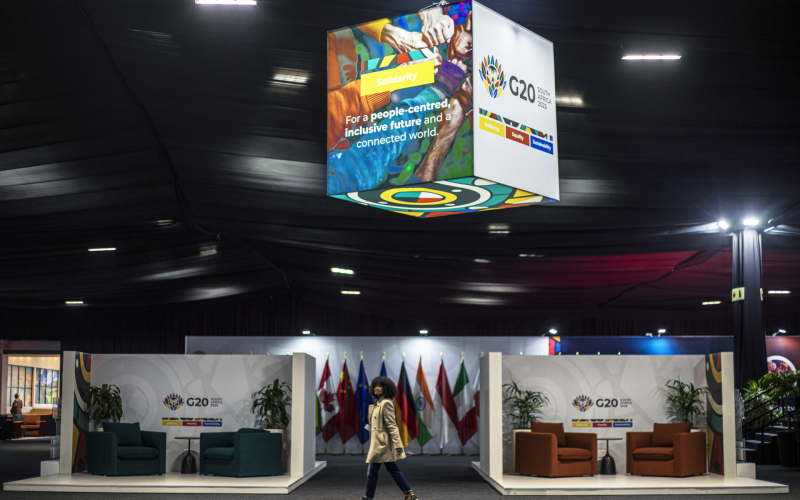Pressure at and in the run-up to the 11th WTO Ministerial Conference (MC11) will be aimed at producing a mandate for negotiations on rules for e-commerce. Emphasis will be placed on providing scope for the negotiation of relatively inoffensive new rules, such as those related to increased transparency and facilitative measures (eg, e-signatures and e-authorisation). These rules will not pose a significant threat to African and other developing countries, nor are they particularly in the offensive negotiating interests of these countries. Data suggests that it is the developed countries, as well as several in Asia, that are currently best poised to take advantage of a more facilitative environment for international e-commerce, although micro, small and medium enterprises would also benefit from the opportunities that such an expansion of e-commerce would provide. Certain countries will have an eye on eventually introducing more controversial rules, such as restrictions to cross-border data flows and data localisation requirements. Should negotiators wish to preserve this policy space for digital protectionism, they must appreciate that this allows their trading partners the same scope.
They also need to consider the potential economic costs associated with data localisation and restrictions on cross-border data flows. It is therefore recommended that negotiators from African and other developing countries take a precautionary approach to rules on e-commerce at MC11. Even the more controversial rules concern largely unused policy space for policy tools that may nevertheless be ineffective and costly. As such, there may be some value in trading off concessions in e-commerce for interests elsewhere, especially in terms of the less controversial e-commerce proposals or Doha Development Agenda issues. Furthermore, there is scope for the digital economy to take a bigger role in both the national and regional development policies of developing countries. Regional strategies to support crossborder and intra-regional e-commerce are recommended, such as providing provisions on the alignment of e-transaction laws; streamlining consumer protection policies; harmonising data privacy and cybercrime policies; and creating platforms for cooperation in competition policy and the taxation of cross-border e-commerce enterprises.








